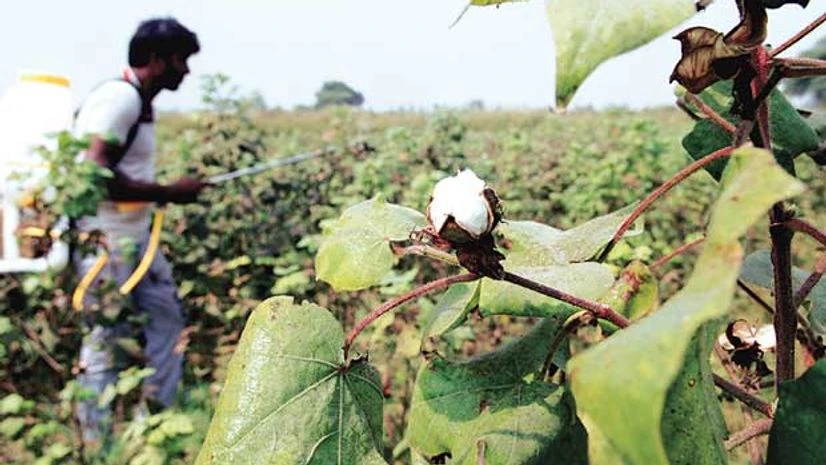The Centre, in an additional affidavit filed in the Delhi High Court last month, has said that Mahyco Monsanto Biotech Ltd (MMBL)'s claim that trait value (the licence fee charged by seed research firms from developers) governed by the Indian Patents Act, 1970, is false and misleading.
The central government, in its contention, said that under the Indian Patents Act, 1970, amended in 2002, seeds and plant varieties have been specifically excluded in the interest of the country's food security and welfare of farmers.
Intellectual property rights (IPRs) and protection are given in respect of seeds and plants, only under the Protection of Plant Varieties and Farmers Rights' Act, 2001, (PPVFRA) passed by Parliament.
Also Read
"It is abundantly clarified that transgenic varieties are protected like all other plant varieties under the PPVFRA," the Centre's affidavit, a copy of which is in possession of Business Standard, claimed.
The government also claimed that though technology for developing GM traits may be patentable, after transformation of gene into a plant, the resultant transgenic plant in not patentable in India (unlike the US, where they are patentable), but the transgenic plant variety can be registered only under PPVFRA.
The rights of the developer is protected under Section 26 of PPVFRA, as it provides an opportunity for him to claim for benefit-sharing from the breeder of a new variety which is carrying the trait.
The Centre's affidavit also alleged that MMBL forced seed companies to enter into one-sided technology licence agreements and monopolise the BT cotton seed technology market by misusing the system of no-objection certificates.
The affidavit also claimed that Monsanto and its associates have overcharged farmers under Section 3 of the Essential Commodities Act, 1955, to the tune of more than Rs 5,000 crore, significantly when there can be no patent on plants, seeds, varieties and essentially biological processes.
THE GOVERNMENT'S CONTENTIONS
-
The Centre has challenged Mahyco Monsanto Biotech's claim that trait value is governed by the Indian Patents Act, 1970
-
In an affidavit filed with the Delhi High Court, said under the Indian Patents Act, 1970, amended in 2002, seeds and plant varieties have been specifically excluded in the interest of the country's food security and welfare of farmers

)
